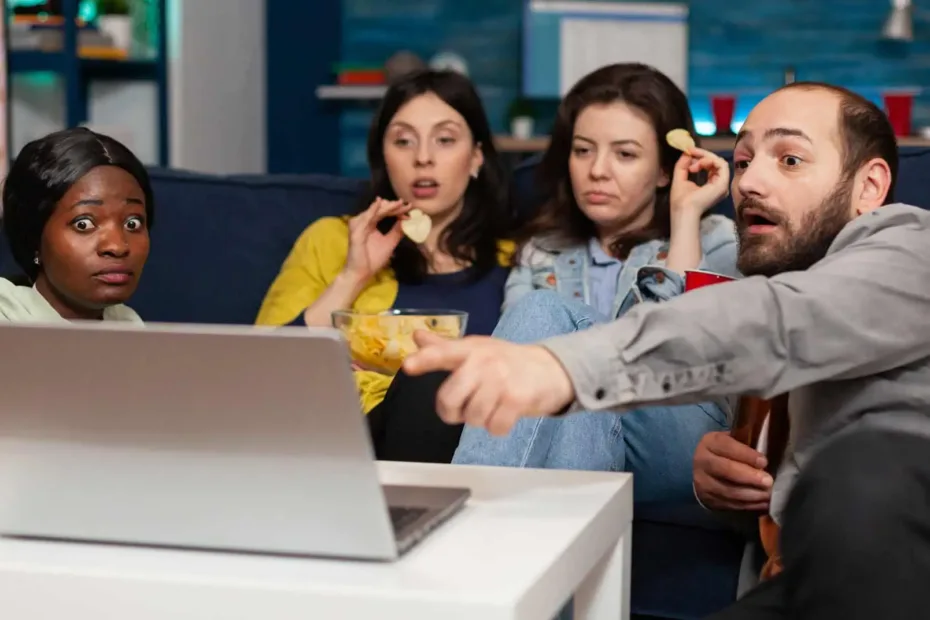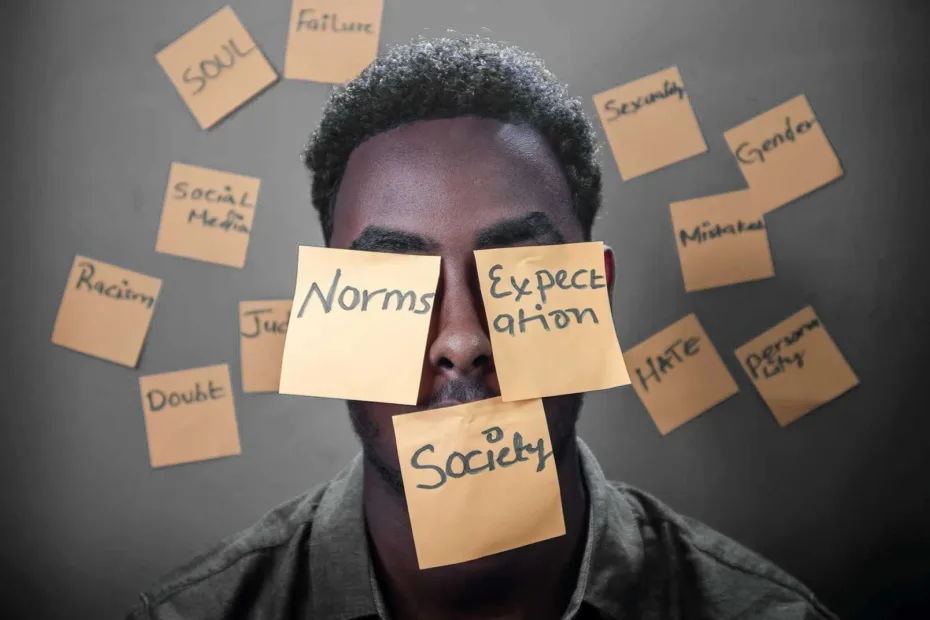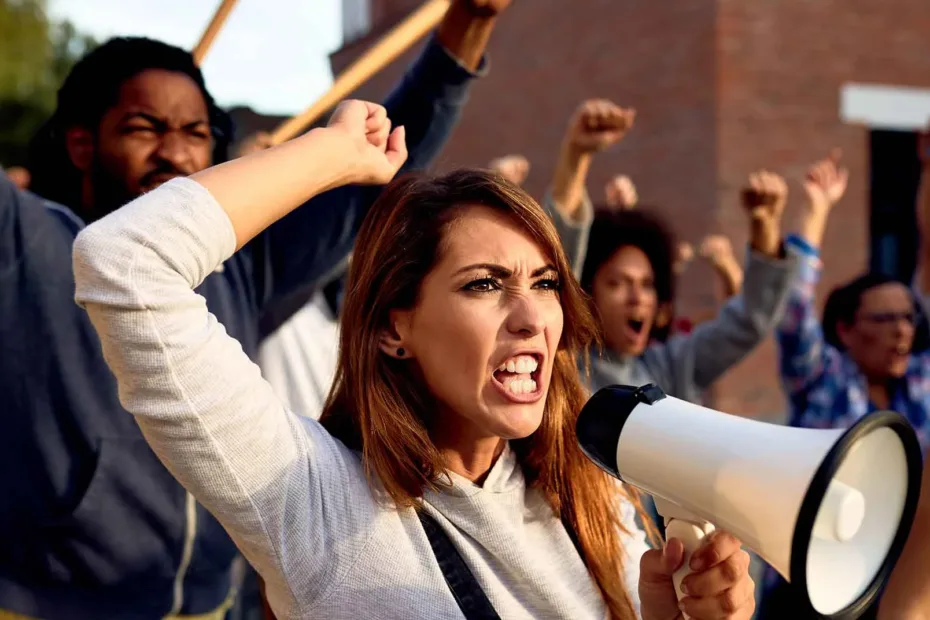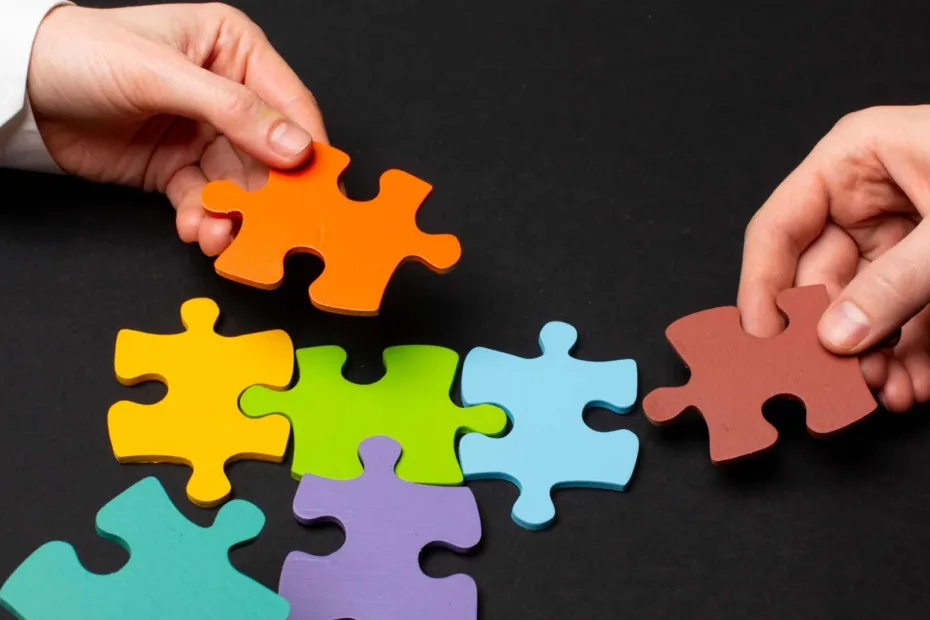Home > Society > Page 2 Society
Society refers to a group of people who live together and interact, sharing common norms, values, and beliefs. It is a complex community structure that encompasses a range of social relationships, cultural practices, and organisational structures. Sociology is the scientific study of society and its various aspects, including social structures, institutions, relationships, and cultural practices.
Sociologists seek to understand how society works. This includes how social structures shape individual behaviour and how social institutions affect social outcomes. They examine the interactions between individuals and groups within society. Also, the ways in which social factors such as race, gender, and class influence social behaviour and outcomes.
One important area of sociological inquiry is the study of social inequality. Sociologists examine the ways in which social structures and institutions can create and reinforce inequalities. This is often based on factors such as race, gender, and class. They also investigate the ways in which individuals and groups can challenge and change these inequalities. We can see this in action through social movements and political action.
Another key area of sociology is the study of social change. Sociologists investigate how societies change over time. This includes the factors that drive social change and the consequences of these changes for individuals and groups within society. They also examine the role of social institutions, such as the family, education, and the media. By analysing these institutions, they can see the shaping of social change. Also, the ways in which individuals and groups can influence these institutions.
In summary, sociology provides a framework for understanding the complex social structures and relationships that make up society. By studying society, we can gain insights into the factors that shape social behaviour and outcomes. We can also identify strategies for promoting social change, reducing social inequality and the impact the media has on it.








